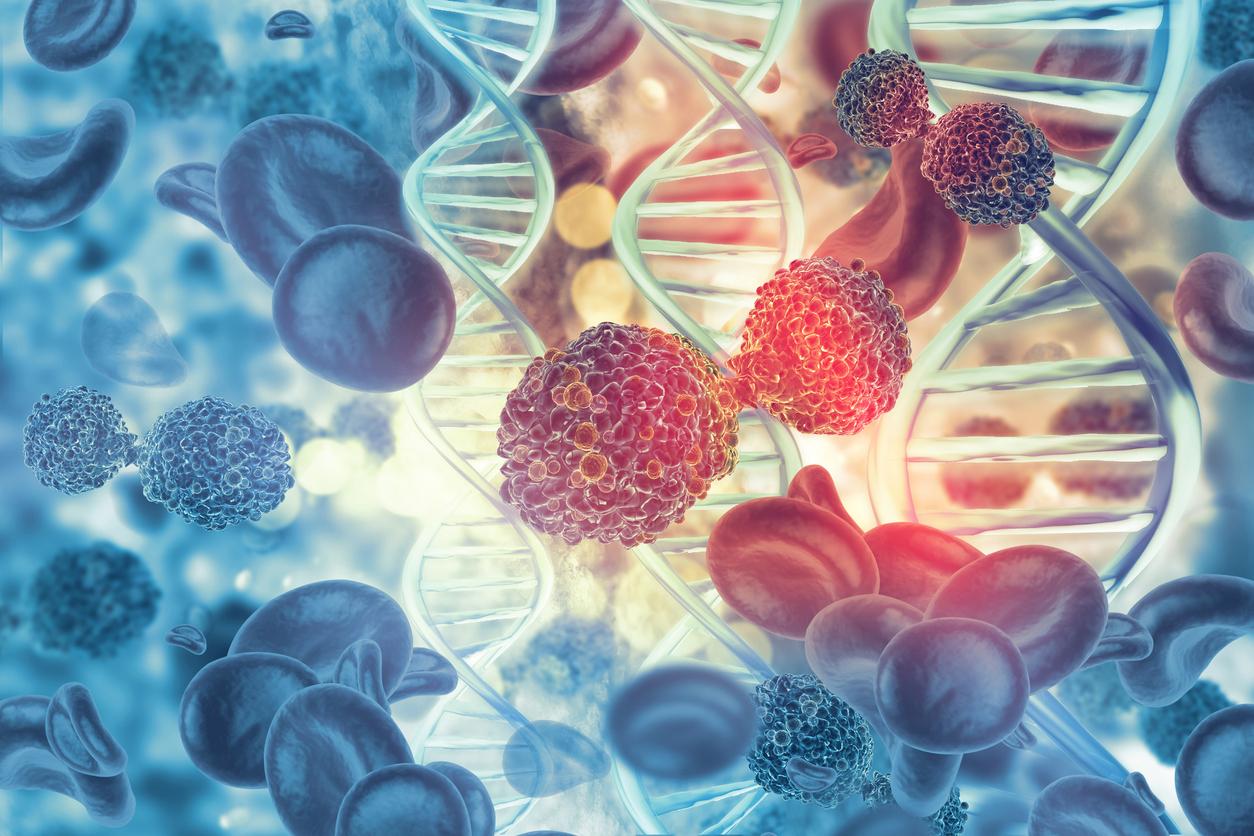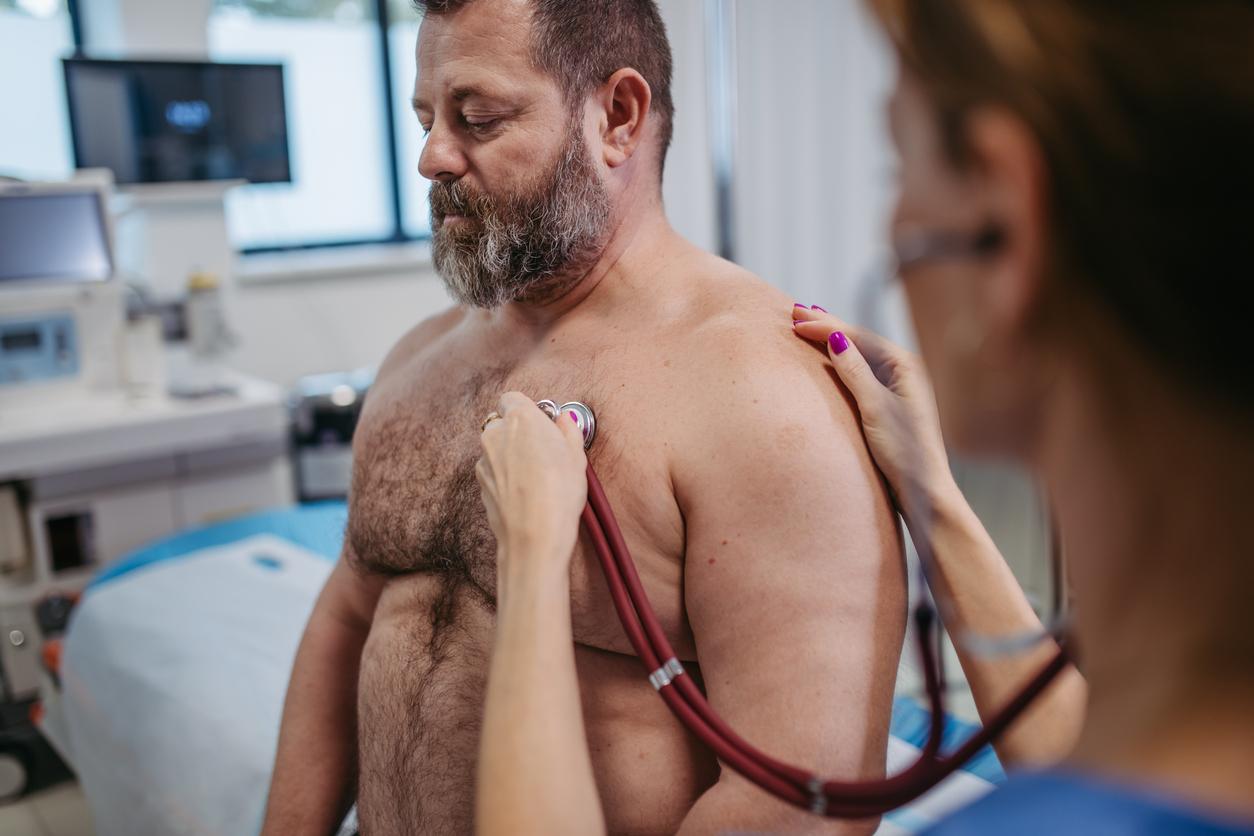Scientists have found that patients with rare genetic mutations associated with degenerative diseases are at higher risk of developing amyotrophic lateral sclerosis (ALS).

- Researchers have found that people carrying mutations linked to degenerative disorders are at increased risk of developing Lou Gehrig’s disease.
- Patients who had genes linked to Parkinson’s disease had a 3.6 times higher risk of developing ALS.
- People with one or more genetic variants associated with degenerative diseases had a 30% increased risk of developing ALS.
At the annual meeting of the American Neurological Association In Orlando (USA), Italian researchers have revealed that they have observed an association between amyotrophic lateral sclerosis (ALS), or Charcot’s disease, and certain degenerative pathologies, such as Parkinson’s disease.
Strong correlation between ALS and Parkinson’s disease
To reach this conclusion, the researchers looked for the presence of 153 genes correlated with degenerative brain diseases by analyzing the genetic data of 791 people with Lou Gehrig’s disease and 757 healthy people.
During this work, the researchers found that about 18% of ALS patients carried at least one high-impact genetic variation, while 11% had a mutation that had not been discovered before. Meanwhile, 14% of the control group had a genetic variant and 7% had a new mutation.
Another finding of the study: the strongest correlation was established with Parkinson’s disease. Patients who had genes linked to this condition had a 3.6 times higher risk of developing Charcot’s disease.

Charcot’s disease: these rare genetic mutations increase the risk
According to the scientists, these results suggest that individuals affected by Lou Gehrig’s disease are more likely to carry genetic mutations linked to degenerative diseases, which could have increased their risk of developing ALS. In detail, a 30% increased risk of developing Lou Gehrig’s disease was identified in all people with a genetic variation. This figure rose to 80% if their mutation had not been discovered.
“Our findings expand the understanding of the genetic overlap between ALS and these other diseases by focusing on rare variants rather than common genetic factors (…) Even if the identification of these mutations does not change treatment, this knowledge can help physicians personalize the care of these patients.”noted Dr. Maurizio Grassano, lead author of the study and postdoctoral researcher and neurologist at the ALS Center of the University of Turin (Italy).















-1721998247.jpg)


